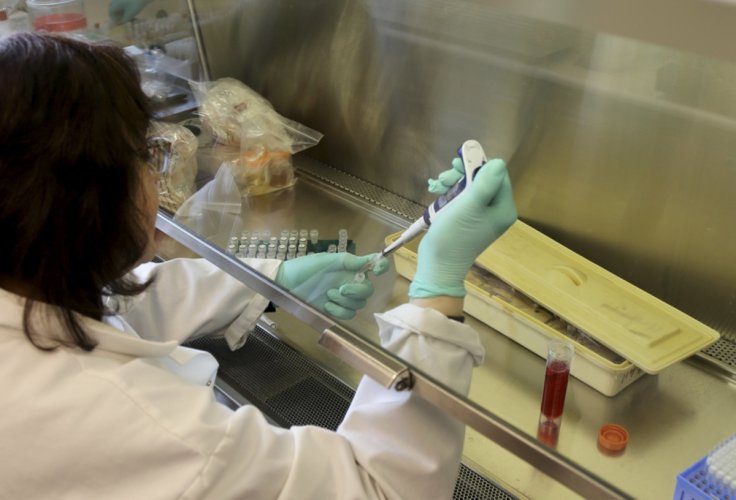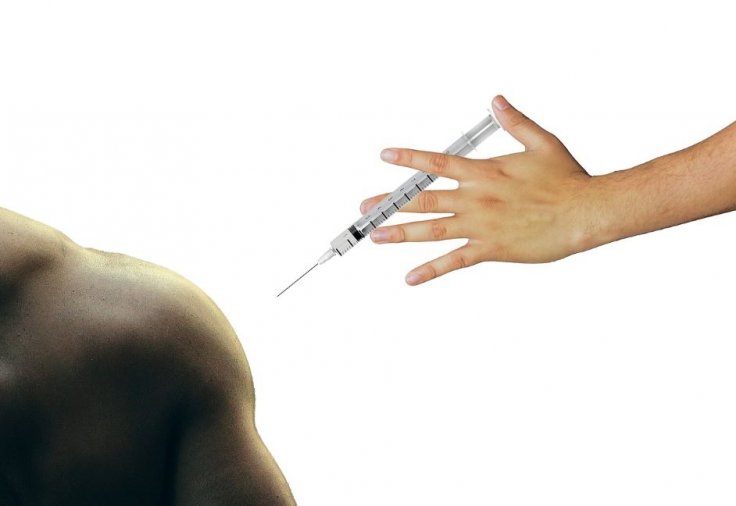Researchers have used man-made antibodies in treating coronavirus patients. A recovering patient who is also a nurse said after noticing her improvement that the treatment worked like a miracle. Amanda Young was tested positive for COVID-19 on April 12 when it started like a "headache, dry cough and mild fever," as she said, after which the symptoms got worse.
This was followed by coughing, and she lost her voice the next day along with fever. Her ENT put her on the Hydroxychloroquine and azithromycin. After which she went to the emergency room at East Jefferson Hospital, reported Fox8 live on Friday. "They put me on oxygen," said Young. Doctors suggested her 'monoclonal antibodies,' as they told "cause where you're at right now, you're not looking good," she added.
Calms down inflammation

Those antibodies treat the body's response to the novel coronavirus by calming down the body's inflammatory response instead of attacking the pathogen. The body's response to the coronavirus "sort of runs amok," said MedPharmics Medical Director, Dr Robert Jeanfreau. Like guys in foxhole shooting everywhere even their friends and not just the enemy, he added.
After the antibody treatment, Young felt better the next day, but she had a fever and occasional shortness of breath, says Young. After two days there was a significant improvement. This is not like the plasma therapy where the antibodies from the 'convalescent plasma' from the recovered people that helps in healing COVID-19. Doctors said that these 'monoclonal antibodies' were manufactured in labs. "This drug is like a miracle for me...I really didn't think I was going to do well," Young said.
Temporary vaccine?

This could prove to be helpful, say experts. However, giving these to people who are not yet infected by the coronavirus could be a preventative measure, says a blog in the Science Mag.
If these antibodies last long in the blood, they could be potential in protecting a patient for weeks to months. It would also act immediately upon injection, quite opposed to 'immunological time lag' that a vaccine takes. Until there's a vaccine out there, man-made antibodies might be a good thing.









